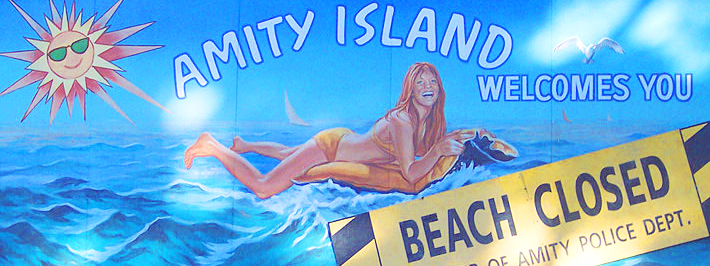
There’s no question that watching films can help us escape our everyday lives. However, all kinds of films impact our society and popular culture. Here are some great examples of films that have changed our lives outside the theater in tangible ways.
Fight Club inspired fight clubs in real life
Fight Club (1999) told the story of a man who vents his frustrations about his boring, mainstream life by joining an underground fight club. Since the movie’s 1999 release, real life fight clubs have sprung up across the United States—like New York’s underground fight circuit. In fact, the Fight Club way of life has spread beyond the US and across the globe; take the Moscow and Thai fight circuits, for example.
The Thin Blue Line shook our faith in police
The Thin Blue Line (1988) is a true crime documentary that focused on corruption in the justice system and in the case of death row inmate Randall Dale Adams, in particular. Adams was accused and convicted of murdering a police officer, and the case against him relied upon police testimony. The film proved to be powerful enough to help overturn Adams’ conviction, only days before his execution was set.
The Day After Tomorrow brought global warming to life
The 2004 film The Day After Tomorrow was a scary enough—albeit scientifically inaccurate—force making global warming matter to members of the general public. A survey conducted three weeks after its release by Anthony Leiserowitz, a researcher from Yale, revealed that 83 percent of people who saw the movie said they were “somewhat” or “very concerned” about global warming, while only 72 percent of people who hadn’t seen it agreed.
V For Vendetta inspires hacktivist group Anonymous
The dystopian version of London seen in V for Vendetta shows the mask-wearing revolutionary V inspiring the masses to fight back against the conservative fascist government regime. He manages this by taking over the state-run television and radio channels (and by blowing things up). Anonymous uses the same Guy Fawkes mask worn by the character V to represent their group. The basic idea of the mask in the movie was that the group is collective, and that we are all part of it in some sense so long as we stick together and fight; Anonymous uses the mask as a symbol of anonymity for anyone fighting any kind of injustice anywhere.
All the President’s Men
All the President’s Men (1976) told the story of how Bob Woodward and Carl Bernstein, two reporters for the Washington Post, investigated the Watergate scandal. The film was so inspiring that journalism schools across the US experienced higher enrollment numbers after its release. The film also affected political attitudes about the press; research showed that liberal viewers felt more positive about the press after seeing the movie while conservative viewers felt more negative. Specifically, when given the statement, “there should be laws that control some of the things reporters write and talk about,” Democrats disagreed overall and Republicans agreed overall.
Bowling for Columbine and Kmart
In his 2002 documentary Bowling for Columbine, Michael Moore confronted executives at Kmart because they sold guns and ammunition. After the shoot and before the film’s release, Kmart stopped selling these items.
Bambi causes a drop in hunting
The film Bambi (1942) depicted a mother deer being killed by a hunter before her baby’s eyes. After the film was in theaters, deer hunting in the US was cut in half. Furthermore, the psychological effect that comes from anthropomorphizing “cute” animals got its own informal name from the movie: the Bambi effect.

JFK prompts more transparency in government
Oliver Stone’s JFK (1991) presented a high-level conspiracy theory about the assassination of President John F. Kennedy and a plot to cover it up. The film triggered not only a lot of public and official backlash, but also lasting reform: the assembly of the US Assassination Records Review Board and the creation of the President John F. Kennedy Assassination Records Collection Act of 1992.
Super Size Me takes on McDonald’s
Super Size Me (2004) showed what eating nothing but McDonald’s for one month does to the human body—and it wasn’t pretty. Not even two months after the film screened, McDonald’s took away the “super-size” option, and although they said the decision was unrelated to the film, that seems unlikely given the timing.
Jaws takes a bite out of beach vacations
Jaws (1975) depicted a killer great white shark terrorizing a beach community one summer. Although shark attacks are and always have been rare, the movie caused beach tourism to drop off on both coasts for some time.

Blackfish makes us see Sea World differently
Blackfish (2013) told the harrowing and depressing story of orcas living in captivity. This proved to be bad news for SeaWorld which had to respond; the company ended up ending its orca breeding program and changing the way that orcas perform for the public.
Conclusion
Films of any genre, from documentary to drama, can have a dramatic impact on real life. Chances are excellent that you’ve seen at least one film that has changed the landscape of our popular culture, even if you’re not aware of it. These films that have changed our lives outside the theater in tangible ways are excellent examples of the important role film plays in the world at large.





